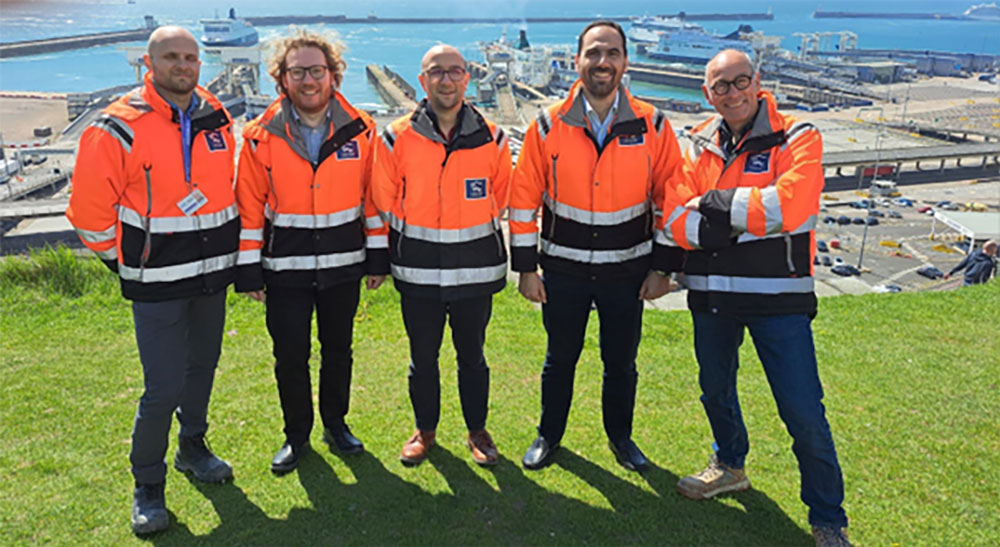The potential impact of circular economy concept application in the maritime transport sector
Maritime transport is extremely important for global trade, as 95% of the goods in terms of volume are carried by ships in the UK (DfT, 2021). Ships are the cheapest and the most energy-efficient way to transport goods. Thus, shipping volume is expected to triple by 2050 (OECD, 2019), which makes the decarbonisation and circularity of the maritime industry critical to “enable regenerative resource cycles and build resilience across the UK’s transport systems and sustainable manufacturing capabilities”.
The maritime industry is part of the UK’s identity, and the shipbuilding industry supports 42,600 jobs and £2.8 billion to the economy (NSO, 2022). In the latest UK shipbuilding strategy document, UK government acknowledged the importance of UK shipbuilding. Thus, a set of new measures, including a £4 billion of investment to support the yards and suppliers, was announced (ibid).
This project examined the potential impact of circular economy concept application in the maritime transport sector. The current position of the maritime industry and the advantages of circular economy applications, as well as the opportunities for stakeholders were demonstrated, through the enabling strategies of life extension.







